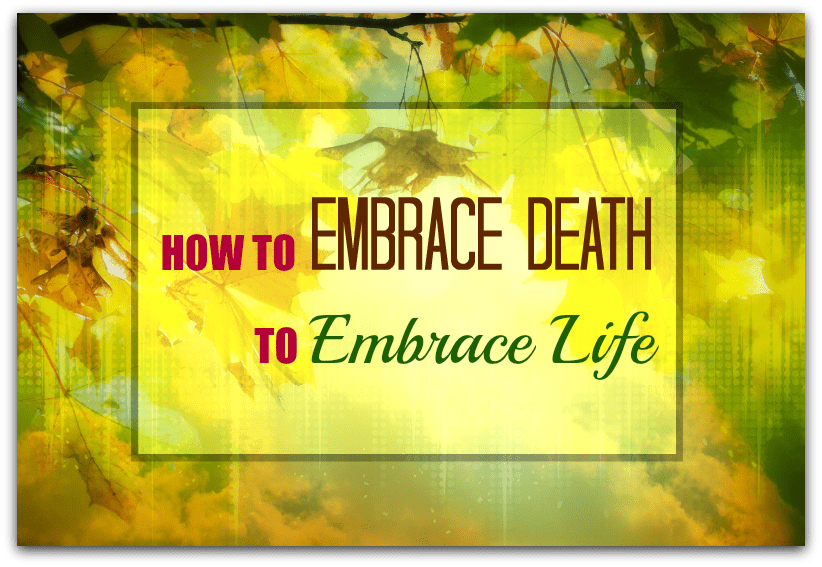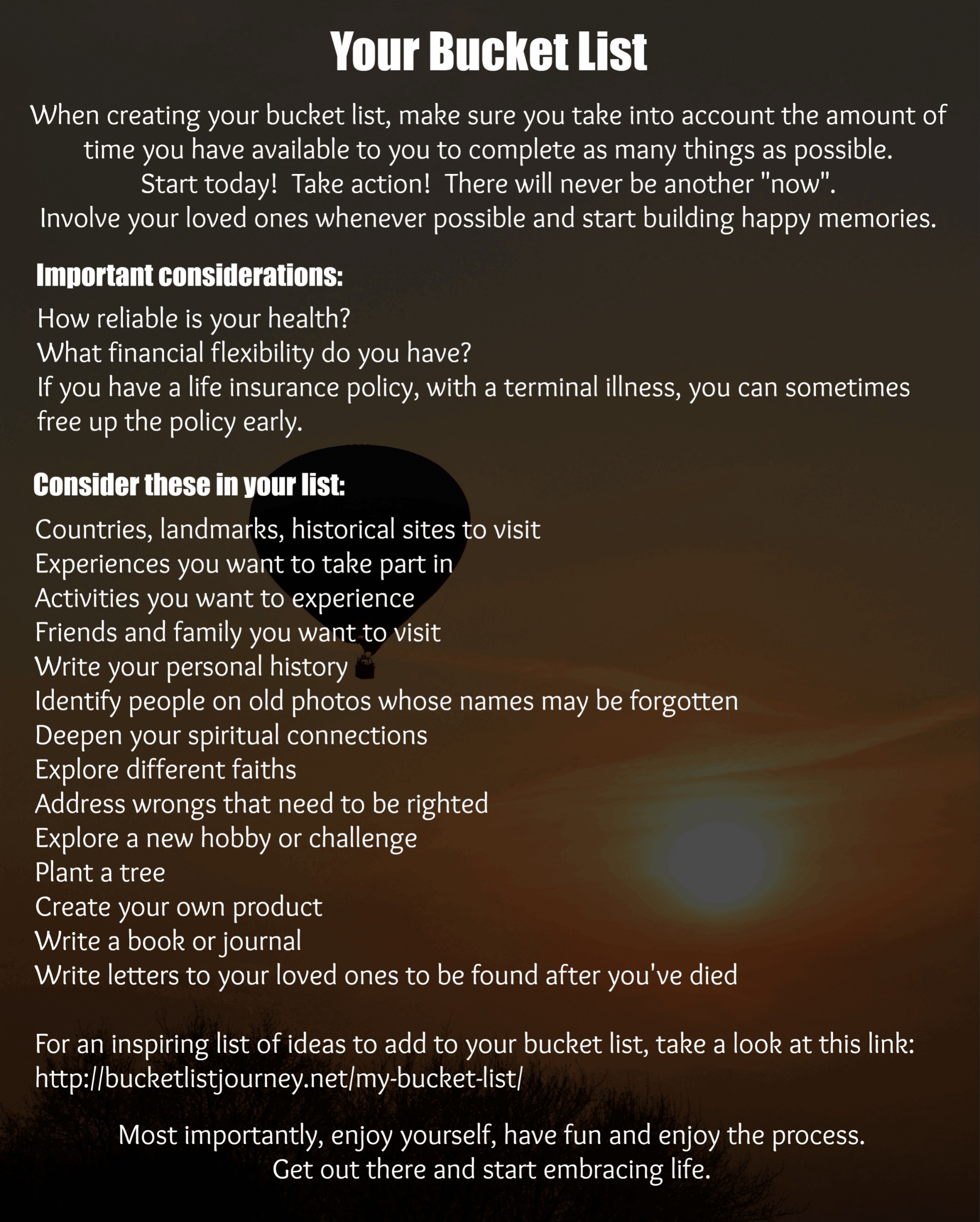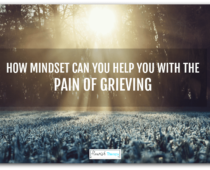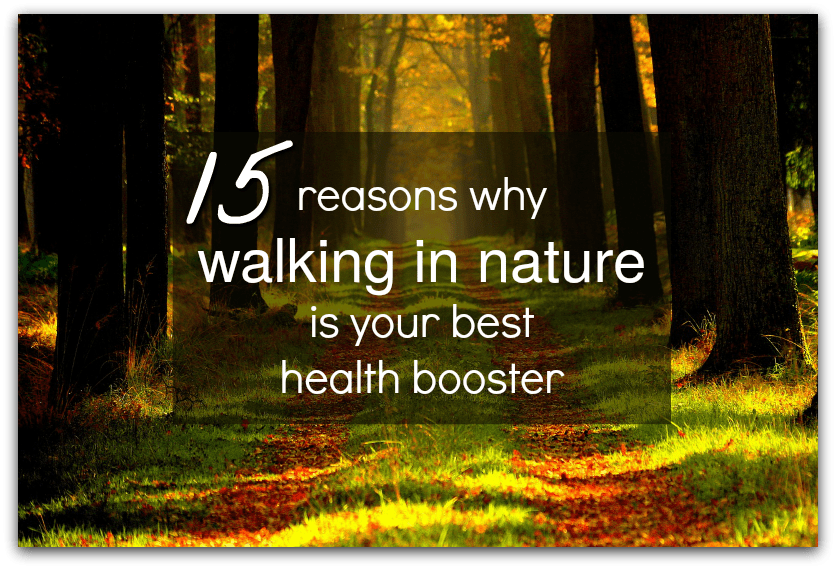How to Embrace Death to Embrace Life
How to Embrace Death to Embrace Life
For most of us, we will all die once, most notably, for all of us we will die. So what does embrace death to embrace life mean? It means to wake up and smell the roses now, before it’s too late and to live vibrantly. And to live vibrantly means to live each day as though it’s your last as well as making the preparations in advance of when you will one day need them.
A painful consequence of being alive and human is that we live with the realisation that one day our life will cease to be. Although we know that one day we will die, it’s not a thought many of us choose to ponder too often. Rather we lock it away in a tungsten-strength box and hope, by way of some miracle, that we and our loved ones will be the lucky ones who manage to escape death’s clutches. The best healer in the world has not yet succeeded in making someone immortal. Yet many of us live our lives as though immortality is an option to us. When we embrace death, it enables us to embrace our lives fully.
Many of us are living our lives as though immortality is an option to us. Click To Tweet
Do you really want to live forever?
When we’re younger, it’s impossible to believe that wrinkles will eventually crease our faces, that our body parts will begin the gradual move southwards as our joints get stiffer and age-related long-sightedness sets in …. But when you’re older and your energy is no longer as vibrant as it once was, would you really, honestly, want to live forever? Unfortunately, a longer life doesn’t mean a longer juvenescence.
Remove resistance to death
Our desire to not die erases our thought processes about preparing for our actual death. Yet once we remove the resistance to death and embrace death, is it really so frightening and so preposterous to believe that one day our mortal life will end? Our unease around death inevitably causes us to avoid making plans, to avoid righting wrongs. Sometimes we ignore those we should forgive as well as deny those closest to us the opportunity to be a part of our final journey. Consequently, when we remove resistance and embrace death, we open ourselves up to contemplate the possibility of a peaceful and natural death process.
Death is part of life – no matter how much you try and avoid it, one day you will die. Click To Tweet
What are you afraid of?
To embrace death involves exploring the reasons behind what truly makes you afraid of dying. Is it the finality of death? Or the fact you don’t know when it will happen? Are you afraid of being in pain? Do you dread the sadness of your loved ones over your loss? Is it because you don’t think you’ll be remembered? Do you fear the helplessness that runs parallel with a terminal diagnosis?
Try and work out exactly what it is about death that frightens you most. Often when we dare to consider the possibility of our own death, we experience a chaotic jumble of thoughts and false expectations. However, when we unravel our fears and see them for what they truly are, the fears subside. And the clarity we gain at understanding why we are afraid is given the chance to develop. Often-times the aspects of death that you may be afraid of can be managed in a more positive way.
Peace as end of life approaches
I work in hospice and I’ve never met anyone nearing the end of life who was worried about the size of their car or house or the title on their business card. It’s all about loving connection. Death is a great leveler. A lot of our time is devoted to seeking the right job or marriage or reputation or outward success. No matter what your background, your disposable income, your education, your political leanings, your successes or failures, what it ultimately comes down to at the end of life is spending time with loved ones. Making time count.
Live with purpose
Some people I meet gain a sense of purpose by acknowledging they’ve lived their life with meaning, having contributed to something greater than themselves. Those who have stretched their resources to touch others’ lives in a positive manner are generally those who are the happiest and most at peace. Furthermore they appear to allow themselves to embrace death as part of the natural conclusion to their mortal lives. Does it have to take an impending death before we begin to live our lives fully, to contribute more?
“Am I dying?”
I have a friend who is a paramedic who has spent a significant time supporting patients with life-threatening injuries. As you might imagine, sometimes they ask him if they are dying. He always replies with honesty and compassion. He says that the vast majority of people tell him messages to pass on to their loved ones. And then they become very peaceful. It’s almost as though they accept their fate and choose to go peacefully rather than trying to fight it. He’s very humble about his experiences as he comforts these people while they go through the dying process.
Why we need to embrace death
Death by its very essence means loss and loss conveys sorrow. Furthermore, when we die we face the loss of our mortal self and the loss of the physical presence of our loved ones. But when we allow fear to stop us considering our death, it means that we’re not prepared when the time comes. Death, possibly very suddenly, may become our closest neighbour. It’s easy to postpone our deepest needs and to take the people we love for granted. And it’s far too easy to neglect our relationship with ourselves.
To embrace death and allow death’s shadow to walk alongside us, means we have prepared ourselves better. So that when death does visit, we can surrender ourselves to the process peacefully.
You can temper the finality of death by making a few preparations in advance. So what do we need to do? Below is a list of points to consider in advance of the approach of your final moments:
Practical Issues
- Choose a trusted friend or family member to help you sort out the practical issues of life. Create a list of all the institutions you need to pay regularly and those that need to be discontinued. When the time comes, whoever is looking after your estate will be able to navigate the waters easily. Make sure you leave contact names, numbers and amounts to be paid along with any security details in order to communicate with the various providers.
- Write a will and make sure your solicitor / attorney has a signed copy of it, and let your family know the details of the legal representative.
- If you have critical illness and life insurance policies, make sure to notify your trusted allies. If you have a life insurance policy and have a terminal diagnosis, some policies will pay out in advance to cover the costs of your funeral.
- Do you need to appoint a financial power of attorney?
- Put all these details, along with any paper invoices, inside a lever arch file in an easy to find place.
Personal Wishes
- Make sure you choose two or three trusted allies to ensure they carry out your wishes. By having more than one trusted friend, you relieve them of some of the burden when difficult decisions need to be made. You also stand a much greater chance of them granting your wishes.
- Write down the medical interventions you want and don’t want. Be very clear about the stage of illness you would choose to forgo certain treatments and interventions such as artificial life support and resuscitation.
- Where would you ideally choose to die?
- Make a list of who will receive your special effects.
- If you have children, be specific about who you would like to care for them. Make sure you discuss this with your children (if they are old enough to understand) and also the family who you would like to take them on for you. Write concise instructions about how the children will be looked after financially so that any monies due to them, goes to them.
- If you have young children, consider making some videos to help them remember what you look like and how you sound. Videos are a poignant way of keeping your memory alive across all age groups and are a great source of comfort to those left behind.
- If you have pets, make sure you find suitable homes for them.
- Name people on photos that others may not recognise so that those individuals’ identities don’t die with you.
- If you haven’t already written one, write your bucket list and get into action!
Funeral Planning
- Would you rather be buried or cremated? If cremated, where would you like your ashes to be scattered?
- How would you like to be dispatched? There is a growing demand for green funerals and home funerals.
- If you are having a funeral, note your preferences for songs to be sung, poems, stories and messages to be told.
- Do you want to write your own obituary?
- Who do you want to notify of your death?
Personal spring-cleaning
- Take the time to right your wrongs. Ask for forgiveness where necessary. There is little in this world as sobering as feeling death’s breath kiss your cheek. So forget the quarrels of the past and make amends. Life is too valuable to take your woes to the grave.
Make amends. Life is too valuable to take your woes to the grave. Click To Tweet
- Speak about your feelings openly and honestly to your nearest and dearest, even if it makes you cry. Don’t avoid speaking for fear of becoming upset or making them upset. Being sad is human, it’s natural. Most notably, sadness shows how deeply you love each other and how deeply you will miss each other. It will help you and it will help them to be part of your important final journey. You may not think it now, but it will be an immense source of comfort to them when you’re gone.
- Write a personal history to pass down the generations.
- Write a letter to those closest to you which they can receive after you die and most of all let it be a surprise for them. This is one thing I wish my Dad left for me and my sister. We were very much a part of his dying process and were with him when he died, but if I’m totally honest, I wished so hard that he’d left us a note for afterwards. Just to have another final farewell from him. The loss of death is sad and I miss him enormously, but with time have learnt to walk with the shadow of his death next to me. Somehow I know he is near.
Embrace your faith
If you have a faith, embrace it and let it help you find solace. As a child my Mum would often tell me this prayer at bedtime and it is one I remember very fondly:
“Now I lay me down to sleep, I pray the Lord my soul to keep. If I should die before I wake, I pray the Lord my soul to take.”
Give sorrow words
Within my circle of family and friends young deaths have touched us on several occasions. Their deaths have made me very grateful for the life I live and have also provided a platform to frequently talk about death with my children. I want them to know that I’m not afraid of dying, but I would be sad if I were not able to see them into their latter years. I know that if one day I am suddenly not there for them anymore, they will know deep down that I wasn’t afraid when I died. And that means a lot to me. Most importantly I know it will mean a lot to them too.
“The trouble is you think you have time.” Buddha
Keep their memory alive
The experience of grief has no end. Furthermore, grief takes on different hues as time goes on, but never ceases to be a part of your life, once you have known it. So share your grief, share your stories to keep alive the memory of your lost loved ones. When someone takes the time to be present with you, to fully listen to you, it will help to pull you out of the mire of mourning. As the survivors of grief, let that grief be the catalyst to live our lives vivaciously so that we don’t taint the illumination of our own lives by pre-emptively grieving our own deaths.
Let death be your catalyst for living
So embrace death. Remove the shackles of fear that bind you so tightly, make the arrangements you need to make so that when your time does arrive, you can go peacefully. Death doesn’t happen to us, it is something we do. Furthermore, dying is a natural process, so make it as easy for yourself as possible. Empower yourself by taking the necessary steps to prepare yourself well and allow the eventuality of death to waken you up to the immediacy of living so that you can treasure the life you have.
“Sometimes you will never know the value of a moment, until it becomes a memory.” Dr Seuss
Now will never come again, so embrace death. Most importantly, embrace life.
Cick the image to the left to get a few ideas for your own bucket list.
























